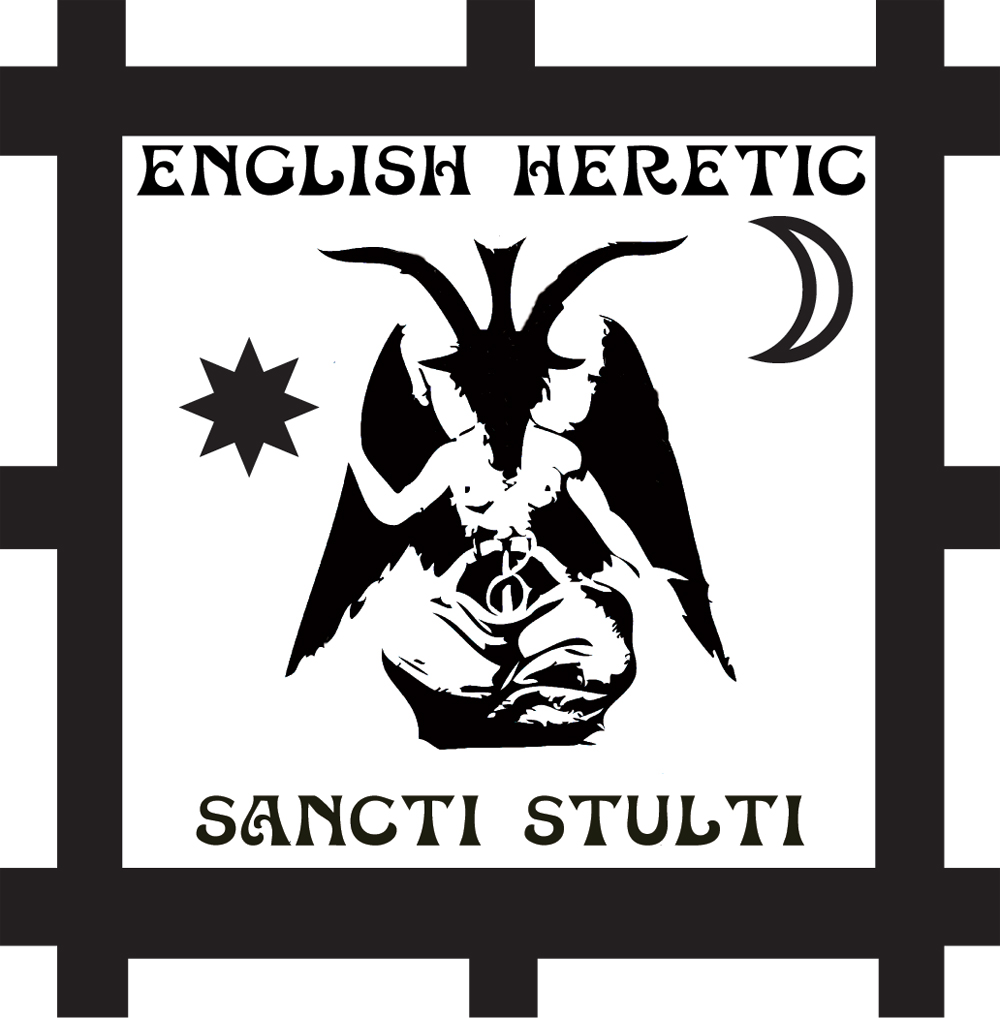Set in modern-day Wiltshire (with a nod to Hardy's Wessex), High John the Conqueror blends state-of-the-art Folk Horror with the voracious popularity of TV detective shows such as True Detective.
High John The Conqueror — Tariq Goddard
Set in modern-day Wiltshire (with a nod to Hardy's Wessex), High John the Conqueror blends state-of-the-art Folk Horror with the voracious popularity of TV detective shows such as True Detective. In doing so, Tariq Goddard attempts to imbue the sprawl of places like Salisbury and Swindon with the dank glamour of Louisiana. The ploy works because the novel never relinquishes its sense of absurdity despite its audacity, but this imagining is also aided by a particular grain in modern British Horror films. The miserable afternoon pubs and derelict caravans in this book have a library of images already in our heads. These scenes transport me to the grey cancer of Andy Nyman and Jeremy Dyson's Ghost Stories; pubs so empty of clientele and hope and full of invisible disease that they become existential and supernatural vortices. So High John The Conqueror, amongst other things, is literature using television and film as an aesthetic canvas.
The book's title refers to a (fictional) hallucinogenic herb that flowers every forty years in the West Country. A massive crop of High John reappears as an epidemic of missing persons infects the county's more deprived areas. A team of detectives connect the dots, seizing on scant evidence that "posh people are taking our children." Always a tricky obstacle, how to portray the constabulary, especially in the light of recent revelations from the revolting WhatsApp groups of the Met, High John largely humanises its coppers. The story is told from the first person perspective of DCI Terence Balance, who is defiantly complex in the tradition of deep plod and their affiliates like Morse or Fitz. Balance is also the voice for the book's literary concern — how to deliver philosophy in fiction that doesn't wear the heavy, miserable overcoats of existentialism. Moreover, how to use pulp genre, pace, and combative dialogue to create revelation and transcendence. In this respect, High John the Conqueror is a Folk Horror (or even Scandi-Noir/Swindon-Noir) take on Philip K Dick's method, which sequestered sci-fi mechanics to demonstrate ontology in Amphetamine action. Indeed I find a parallel for the hallucinogenic conceit of High John in the religion of The Three Stigmata of Palmer Eldritch. Both books ultimately recognise the Godhead in the herb, and are wisely ambivalent about the consequences of this.
The drug High John the Conqueror has a supernatural side-effect which is brilliantly revealed when a specimen is sent to Porton Down for analysis. Here, Goddard also brings in a spectre from the West Country landscape, the infamous MOD science park, a storehouse for all nature's worst weapons and a place to synthesise the cruellest nerve agents. When the final government papers are released, I'd not be surprised if High John escaped from Porton Down!
There are some eccentricities in the novel's metadata. The police officers are named after members of Coil and Throbbing Gristle and the chapter titles are taken from track titles by The Cure. A surface reaction to these naming conventions might be to complain this is an in-joke too far. Far from it, the character names and song titles are there to create a soundtrack of source music. From Nick Cave's "Red Right Hand" in Peaky Blinders to the success of Kate Bush's "Running Up the Hill" following Stranger Things, the weave of snatched songs is inextricably part of the Netflix canvas. High John the Conqueror is a televisual novel in all senses, and its music ranges from the forensic nastiness of TG to the blurred bad trip of The Cure circa 1982. When The Well, a kind of crusty Goth, takes a fatal dose of High John in a pub toilet, he blares out the lyrics to The Cult's "Black Angel",
It's a long way to go / A black angel at your side /The sirens call a sailor to die
The Well sings "like a heavy metal chorister", but in the (imaginary) TV adaptation, I suspect he'd go down the pan to Ian Astbury.
Staring the abyss in the toilet bowl, High John the Conqueror evokes the mystical nihilism of Gaspar Noé's Enter the Void. In that film, Oscar, a feckless drug dealer, is shot by police through a toilet door before projecting into the afterlife. There's a similar woozy Bardo Thodol in Goddard's book.
From The Wicker Man to Operation Yew Tree, every cult conspiracy requires its éminence grise and High John the Conqueror delivers a perfectly batrachian one, Mungo Masters. He's the public school amphibian who tried his hand as a woeful music impresario before setting up a software company. Entitled, seemingly forever surfing the zeitgeist of success, with only High John to entice the young into his lair, he suffers though from the vampire's perennial affliction, loneliness.
Throughout the novel, I had a sense Goddard was offering a neat reply to True Detective's creator Nic Pizzolatto who stated Ray Brassier's Nihil Unbound as an influence on his script. Indeed Goddard, late on in the book, has a character mouth the very words "dark enlightenment", suggesting the heavier philosophical girders beneath the wild chase. Without entirely spoiling the psychedelic crop, the sub-title of Brassier's book "Enlightenment and Extinction" might also be the core metaphysical compound in High John the Conqueror. As such, the book serves as an intoxicating gateway to the deep psychedelia of annihilation.
High John the Conqueror is available from Repeater Books
